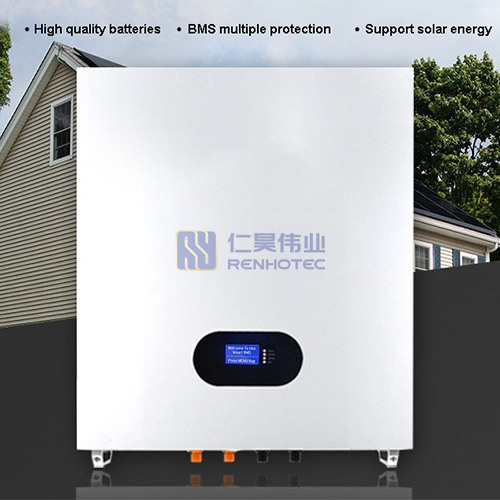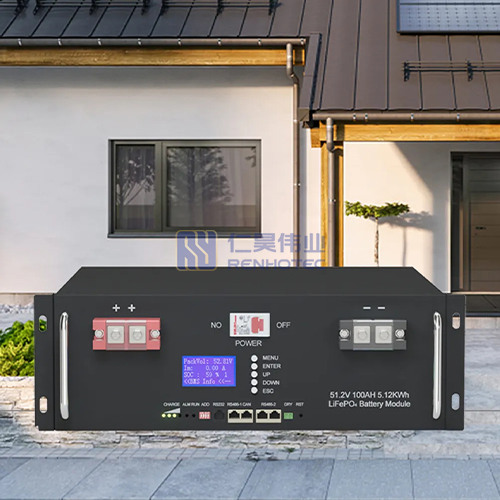With the development of battery technology and the rapid decline in cost, LiFePO4 lithium battery pack has now become the mainstream choice in household energy storage projects, and the market share of new chemical batteries reaching over 95%. The application value of energy storage in the fields of renewable energy consumption, distributed power generation and micro-grid is receiving more and more attention.
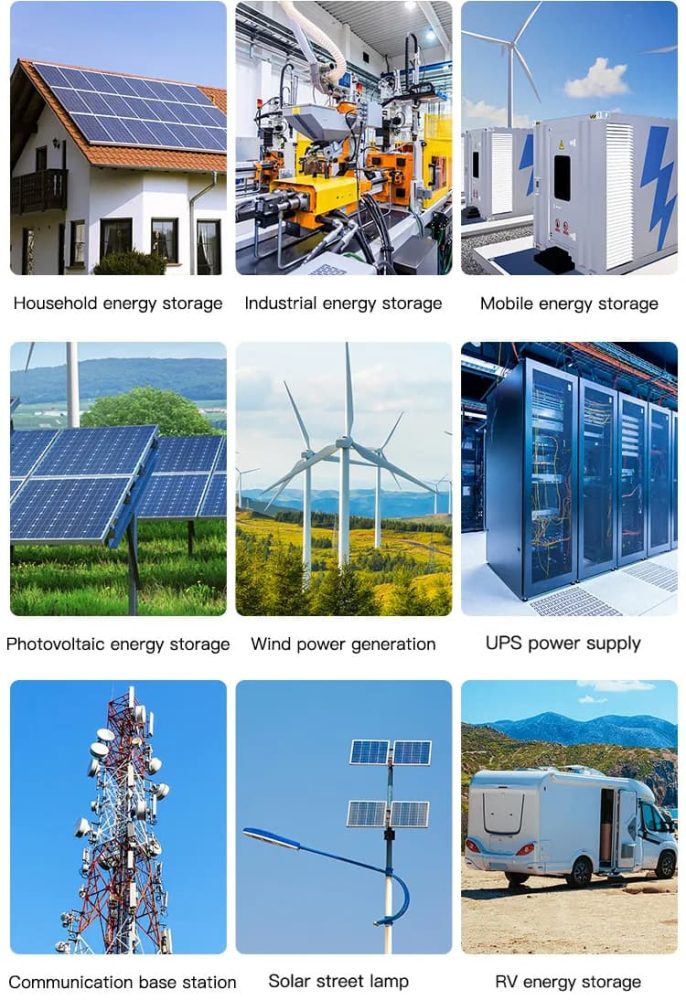
Application Scenarios
The three major areas of energy storage are:
- Large-scale scenery energy storage.
- Backup power for communication base stations.
- Home energy storage.
Using the lithium storage system can improve energy utilization for grid “peak and valley”. China’s demand for energy storage energy is also growing.
1. Home Energy Storage
Home energy storage LiFePO4 battery pack system mainly refers to the energy storage system installed in residential houses. Its operation mode includes independent operation, operation with small wind turbines, rooftop photovoltaic and other renewable energy generation equipment, and home thermal storage equipment.
Applications of home energy storage systems include electricity bill management, control of electricity costs (low charge and high discharge); power supply reliability; distributed renewable energy access; electric vehicle energy storage battery applications, etc.
The home energy storage field can also be understood as a set of large batteries that store electrical energy for the home. For the vast majority of Chinese households, this is still a relatively new appliance. The major global markets for home energy storage lithium LiFePO4 battery pack systems are the United States and Japan.
Americans usually live in large areas and use more electricity at home. And there are more households with new energy generation systems such as wind and light. Due to the high electricity consumption and the large price difference between peak and valley electricity rates, American households often use energy storage systems to store electricity during low electricity prices and use it during times of high electricity prices in order to save money on electricity bills.
In addition, in remote areas and areas with a high incidence of natural disasters. Such as earthquakes and hurricanes, home lithium LiFePO4 battery pack energy storage systems are used as emergency power sources to eliminate the inconvenience caused by frequent power outages due to disasters or other reasons.
The Chinese domestic lithium battery pack energy storage market has just started, and there are still many constraints on its development. Still, there are companies in China that have ventured into the field of home energy storage system market and have developed lithium battery storage systems for domestic and international home energy storage markets.
2. Photovoltaic Energy Storage
PV energy storage is of great significance to smoothing the power curve, improving the accuracy of power prediction, enhancing the PV power generation system’s over-allocation capability, and improving the grid’s friendliness. Applied to photovoltaic, solar energy storage LiFePO4 lithium battery pack management system, product performance is stable and high security.
Lithium storage efficiency can be increased to 95% as an energy storage device for photovoltaic systems, significantly reducing the cost of solar power generation. The lithium battery pack plays two major roles in the system: energy regulation and load balancing. It converts the electrical energy output from the photovoltaic power generation system into chemical energy and stores it when the power supply is insufficient.
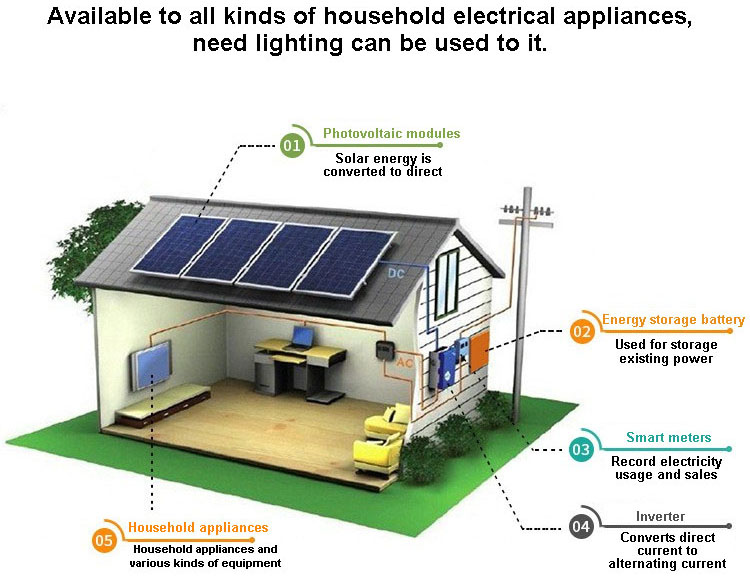
3. Distributed Energy Storage System
Distributed lithium battery pack energy storage system can optimize the demand-side distribution of electricity and regulate the microgrid load regulation, improve the economic efficiency of the microgrid system, solve the mismatch between peak electricity consumption and peak power generation, give full play to the flexible and rapid response capability, and realize the optimal allocation of power resources.
With the escalation of the contradiction between supply and demand of the grid system and the promotion of relevant policies, the domestic distributed energy storage market is rising, and the market is gradually heating up.
4. Micro-grid Energy Storage System
Under normal circumstances, micro-grids operate in network mode and consist of a collection of micro-energy sources and loads. In emergency and other situations, micro-grids are able to operate independently.
Lithium battery pack energy storage is an important part of the micro-grid energy storage power plant. A high-performance lithium iron phosphate pack energy storage system can store excess energy and send it to the load when needed, using all kinds of energy fully. It plays a vital role in the entire microgrid.
Lithium iron phosphate pack, with its superior performance applied to the microgrid, can significantly improve the overall performance of the microgrid system and a variety of Energy utilization.
Industrial Characteristics of Lithium Battery Energy Storage Systems in China
1. Several large-scale projects are planned or put into operation. And the installed scale of energy storage systems in China maintains continuous rapid growth.
2. Energy policy intensive introduction, energy storage has become a key area of planning layout.
3. Power system reform continues to deepen, and energy storage reaps more market opportunities.
4. Electric energy storage obtains the main status of participating in the peaking auxiliary services in the “Three Norths” region.
5. Li-ion battery enterprise investment and expansion into the white-hot stage, the expansion of the energy storage business has become the focus of future development.
6. Companies specializing in energy storage have established themselves in order to deploy large-scale production capacity for energy storage.
7. The overseas household energy storage market is maturing, and Chinese energy storage system companies are strongly involved.
Technical Advantages
The energy storage lithium battery pack is designed with modularity and scalability to meet different users’ power and energy requirements. The cycle life of the single battery used in the unit is up to 6000 times.
The whole energy storage system adopts perfect software protection and hardware protection function design, with high system safety and reliability, while configuring high-speed real-time upper computer control and communication network to ensure the timeliness, reliability, and stability of data transmission.
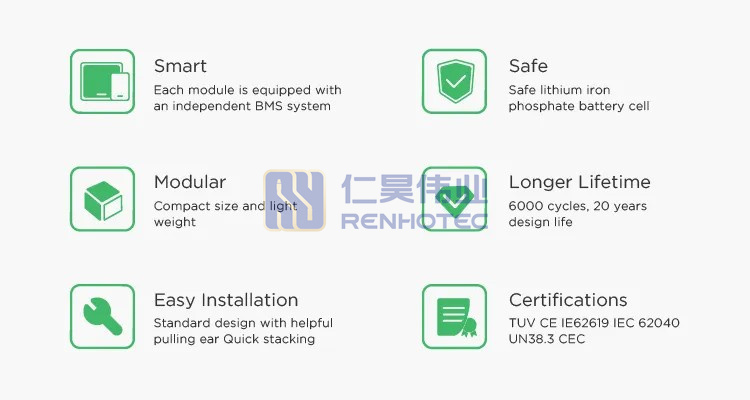
Lithium iron phosphate group battery has a long life. The cycle life is more than 2000 times, and the 3C cycle life reaches more than 800 times. Under the same conditions, lithium iron phosphate batteries can be used for 7 to 8 years.
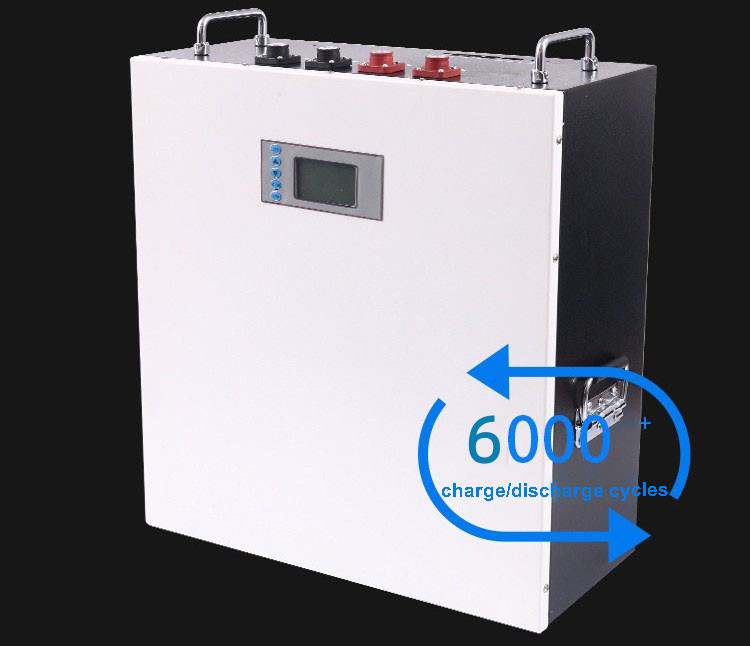
1. Safe to use. Lithium iron phosphate batteries have undergone rigorous safety tests and will not explode even in violent collisions.
2. Fast charging. Using the special charger, 1.5C charging for 40 minutes can make the battery full, starting current up to 2C.
3. Lithium iron phosphate battery is resistant to high temperatures. Lithium iron phosphate battery thermal peak can reach 350 to 500 degrees Celsius, wide operating temperature range (-20 ~ +75 ℃) and high temperature (60 ℃).
4. The capacity of lithium iron phosphate batteries is large. The energy density is 3 to 4 times that of lead-acid batteries, 2.5 times that of nickel-cadmium batteries, and 1.8 times that of nickel-metal hydride batteries.
5. Lithium iron phosphate battery pack has no memory effect. No matter the battery’s state, it can be used as you go—no need to put it completely before charging.
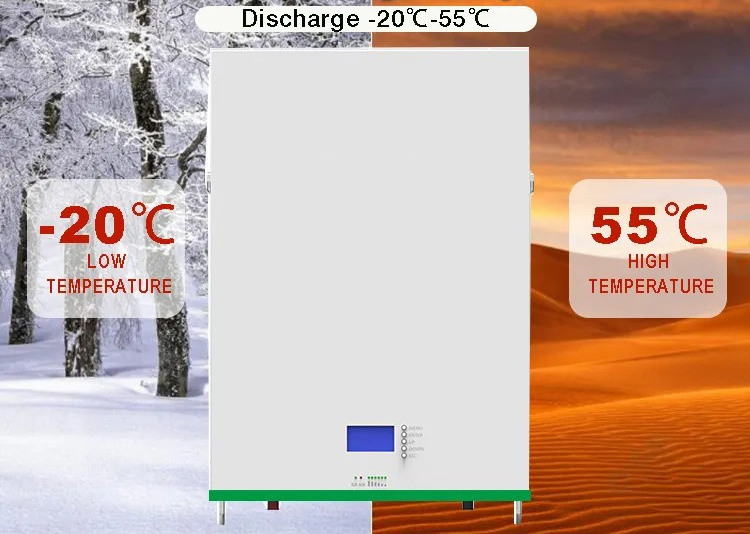
At present, the development of the domestic lithium battery group energy storage industry is formed a good and stable expectation. In the near future, China’s lithium battery industry will develop to a higher level.
Lithium batteries are environmentally friendly because they have a high energy density, wide operating temperature range, no memory effect, fast charging and discharging, and other advantages. As the production cost decreases year by year, the technology level will continue to improve. And the share of lithium batteries in the energy storage market will increase.

